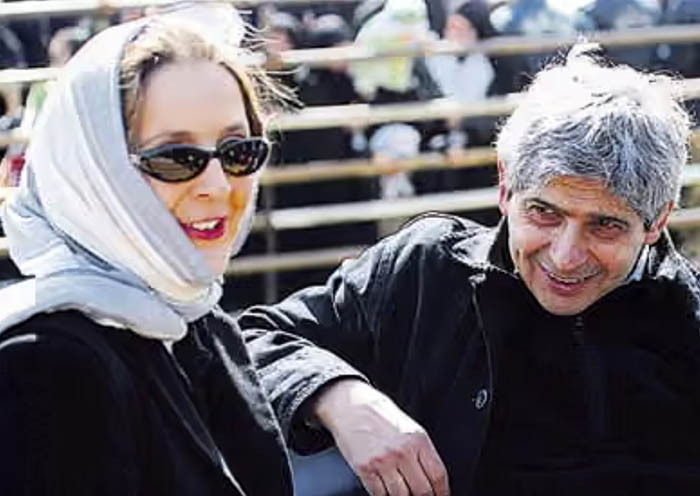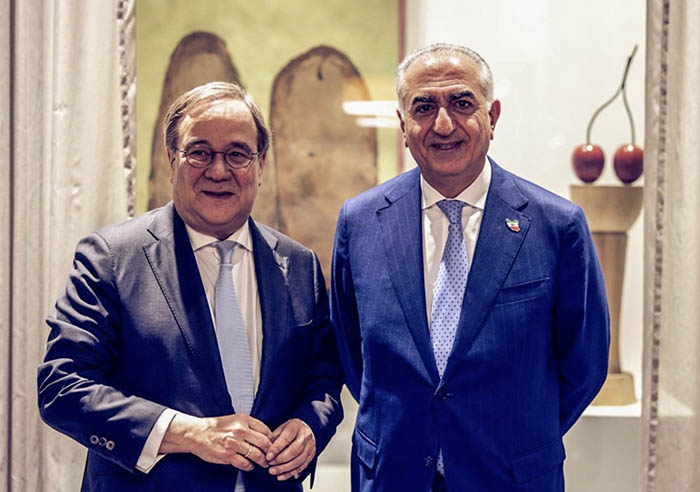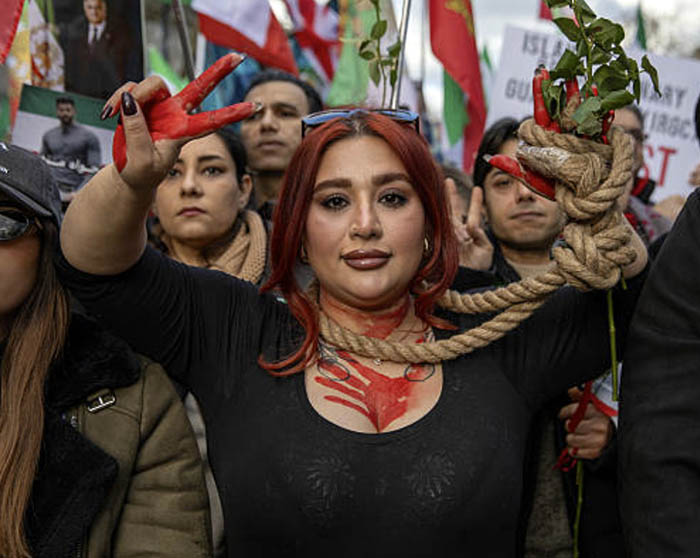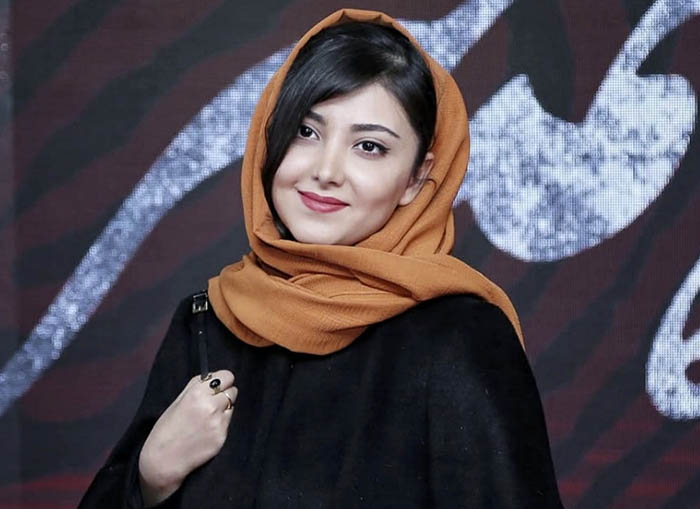Noor Pahlavi: The Inspiring Journey of the Human Rights Advocate, and Summer Wedding Attendee
1.2 Mohammad Reza Shah: Modernization and Controversy
Mohammad Reza Shah Pahlavi ascended to the throne in 1941, following his father’s abdication under pressure from the Allied forces during World War II. His reign was marked by significant efforts to modernize Iran further, particularly through the White Revolution, a series of economic, social, and political reforms aimed at transforming Iran into a global power.
The White Revolution included land reforms, the nationalization of forests and pastures, the establishment of literacy corps, and the expansion of women’s rights, including the right to vote. While these reforms were intended to modernize Iran and improve the standard of living, they also led to widespread discontent among various segments of the population, particularly the clergy and the rural poor.
Mohammad Reza Shah’s close ties with Western powers, particularly the United States, further fueled resentment. His regime was often criticized for its autocratic nature, reliance on the secret police (SAVAK), and suppression of political dissent. These factors, combined with economic challenges and growing inequality, eventually led to the Islamic Revolution of 1979, which brought an end to the Pahlavi dynasty and established the Islamic Republic of Iran.
1.3 The Exile of the Pahlavi Family
The fall of the Pahlavi dynasty was a dramatic and defining moment in Iranian history. In January 1979, facing widespread protests and civil unrest, Mohammad Reza Shah left Iran, never to return. The revolution, led by Ayatollah Khomeini, resulted in the establishment of an Islamic theocracy, marking a significant shift in Iran’s political and cultural landscape.
The Pahlavi family, once revered as the royal family of Iran, was now in exile. Mohammad Reza Shah spent the last year of his life moving between various countries, including Egypt, Morocco, and the United States, before succumbing to cancer in July 1980. His death marked the end of an era for the Pahlavi family, leaving behind a legacy that would continue to influence the lives of his descendants, including Noor Pahlavi.
More stories
Frances Harrison: The Life and Career of Kasra Naji’s Wife
Introduction Frances Harrison is a distinguished British journalist, acclaimed author, and human rights advocate renowned for her fearless reporting from … Continue reading ➝
Armin Laschet Meets Reza Pahlavi in Munich: A Landmark Political Encounter Shaping Future Relations
Introduction In a historic meeting in Munich, two prominent political figures—Armin Laschet, the former German Minister President and leader of … Continue reading ➝
Global Protests Supporting Democracy: Anti-Government Movements, and International Response in 2026
Introduction In 2026, a remarkable series of protests has swept across the globe, demonstrating widespread support for Iranian democracy and … Continue reading ➝
Beren Saat: From Turkish TV Star to International Actress — Complete Biography, Career, and Achievements
Introduction Beren Saat is one of Turkey’s most acclaimed and beloved actresses, renowned for her captivating performances in a variety … Continue reading ➝
Ziba Karamali: From Rising Star in Cinema to Voice Actress and Filmmaker
Introduction Ziba Karamali is one of the most promising young talents in the entertainment industry, whose multifaceted career spans acting, … Continue reading ➝





